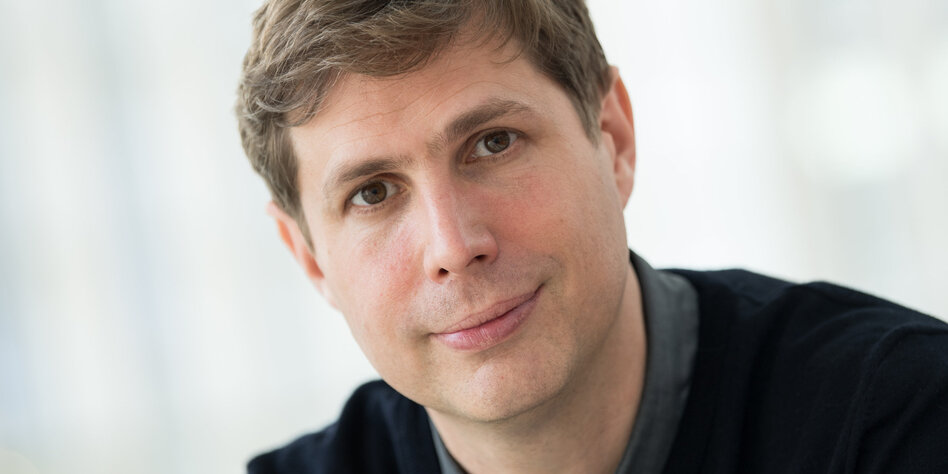
In Germany and Austria, Kehlmann is himself as famous as any literary writer might realistically hope to be during his lifetime. A dying woman, conscious that she is a fictional character, begs her author to grant her a reprieve eventually he relents, and makes her young again into the bargain – "and for a moment I feel I've done the right thing, as if mercy were all-important, and one story less didn't matter."

The best story in the book, "Rosalie Goes Off to Die", has little to do with fame at all, though it maintains a concern with alienation. There is also the actor in "The Way Out" who begins moonlighting as an impersonator of himself, and the serial internet commenter in "A Contribution to the Debate" whose username "mollwit" is known across the web. The book is not limited to stories of literary fame, though that is its preferred variety. "There was obviously some mix-up," the narrator dryly notes. Watching himself in a mirror while having sex, one character wishes himself "transported to the other side of its flat surface" another, standing in front of an attractive woman, is shocked to realise that "I wasn't just living a wish or a dream any more, or a fantasy born of my solitude, it was really happening." Kehlmann's idiosyncratic sense of humour adds to the atmosphere of light surrealism: in a nightclub, a Princess Diana lookalike gets up on stage and sings "Happy Birthday, Mr President". Kehlmann's characters, most of them writers, are losing all sense of their identities and with it their grip on reality.



Fame, Daniel Kehlmann's "novel in nine episodes" (or short-story collection by any other name) dramatises the alienating effects of seeing one's life reflected and refracted in the public eye. In the age of the internet and the worldwide book tour, it must seem to many successful authors that their celebrity has little to do with their work, and still less to do with themselves. "O ne dreams of the goddess Fame and winds up with the bitch Publicity." Peter De Vries's sideswipe at the hollowness of literary stardom has only gained in resonance during the 17 years since his death.


 0 kommentar(er)
0 kommentar(er)
